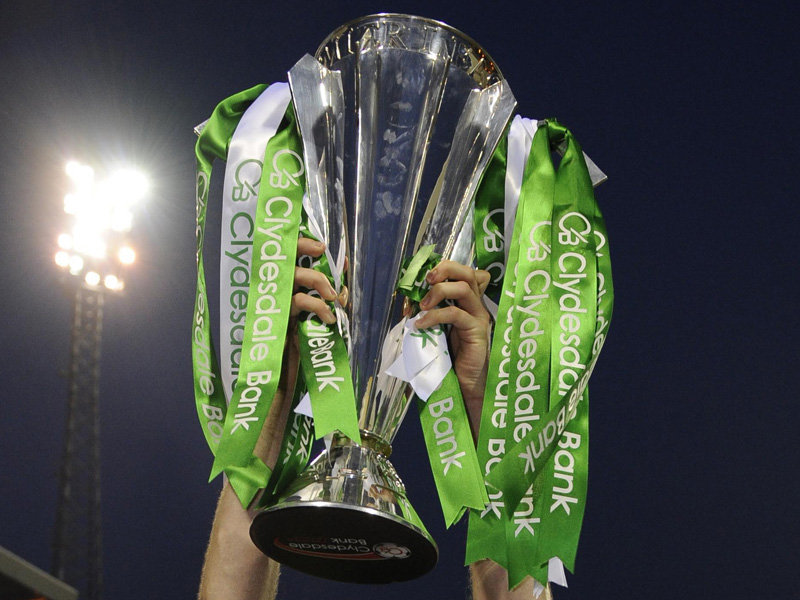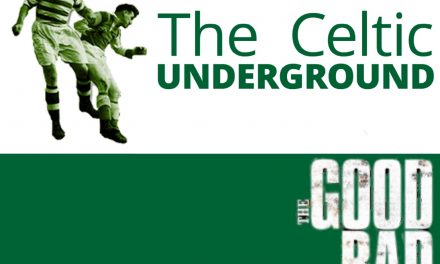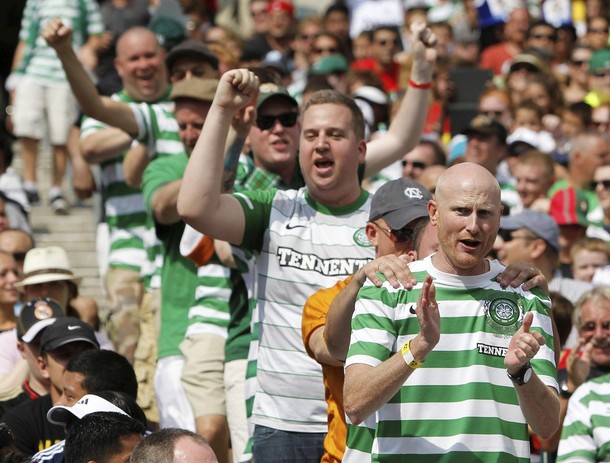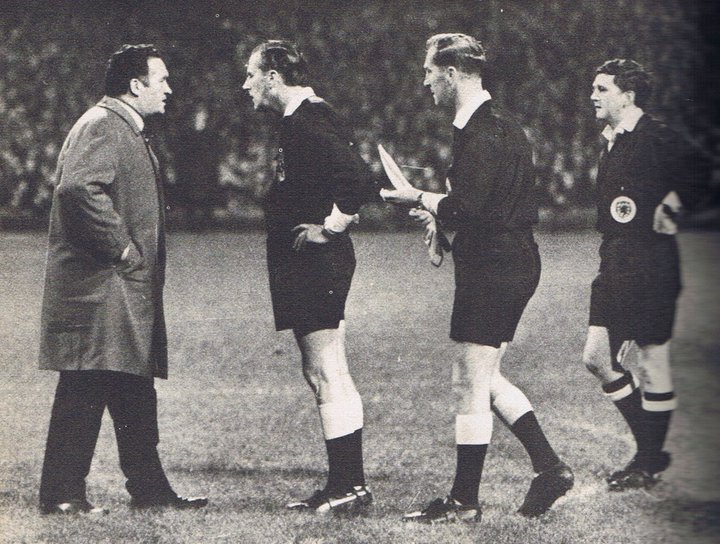Over the last 18 months to two years, a common pub question amongst Celtic fans online has been, “Would you rather achieve the 10 and get knocked out of Europe early, or would you rather reach Champions’ League group stages and lose out on the 10?” I’ve always thought this is a bit of an odd dichotomy and not one that I would engage with. I’ve always thought it’s a bit of a no-brainer. Success in Europe would mean that the club would generate such a vast amount of income that domestic success would automatically follow, something we saw during the Brendan period however, it seems that the board fell into that domestic or European trap, and unfortunately chose domestic.
I like Neil Lennon. He was a pivotal part of the Martin O’Neill era. I recall after we lost heavily at Ibrox in Martin O’Neill’s second Celtic v Rangers game that the mercurial Martin was asked how it happened, and his reply was blunt, “I’m not sure, but if I had Neil Lennon it won’t happen again.”
Fast-forward a decade or so and Lennon stepped in when the ‘death by a thousand cuts’ of the Tony Mowbray management era ended and we went on a winning run and he was brutally frank in his assessment of the players after the Ross County Cup semi-final defeat. He brought passion to the fans and passion to the players and we won games once again, but towards the end of his stint in charge there appeared to be a mutual parting of the ways. The fans were no longer bringing the thunder, the board appeared to be no longer backing the manager, and the manager appeared to be at the end of his time at the club. Since then, through poor choices and necessity, his managerial career was not of the tier two level that I expect Celtic to be attaining, but he stepped in when Brendan left in the lurch, got us to a title and a completion of a treble, and was awarded the job full-time.
Famously, he got that job in the showers because he has “an eye for a player” and “knows Glasgow.” Both of those highlighted both a short-sightedness by the board and an apparent business model at the club that dated back to the 1980s, not the 21st century. The “eye for a player” comment for a club who have self-professed player trading model for 10 years was unfathomable and the “knows Glasgow” comments illustrated that the focus of those in charge was wholly winning 10 in a row and appointing a manager who would understand the stresses that would be coming down the line for this season.
I saw a recent graph of managerial wages in Italian Serie A. The purpose of the graph was to illustrate that Conte at Juventus was earning more than virtually all the other top flight managers put together. Conte was earning €12 million and the next best paid manager was on €2 million, and so it trickled down through the league. And whilst this demonstrated the absurdity of his salary, it also demonstrated that based on what we were prepared to pay Brendan, we could afford every other manager in Serie A (whether they would want to come to Glasgow is a different matter, but I’m sure you get my point).
Previously on the podcast we’ve talked about the tier of player that we could afford, that 15 years ago we could afford a tier two player who would be faced with the option of sitting on the bench at a Manchester United and earning £25,000 a week or playing first team football for Celtic on the same salary, but that that has increasingly changed so that the tier two player is outwith our financial scope and that we are probably around a tier four level player. That’s not necessarily the case with managers. As the Serie A league table showed, we may not be able to afford the likes of Klopp, Benitez and Conte, the tier one level managers, but this was demonstrated with Brendan and can be seen from that league table, we can afford tier two and surely we should be aiming for the best that we can afford.
We are told that we have to be top dollar for the chief executive and that you get what you pay for. We are told that we might not be able to afford the top level player, but we can afford the top level chief executive and that’s why pay Peter the big bucks. Surely that philosophy should stretch across to the football division, to the football manager, to the coaches that are under him, to the youth academy, to the Sports Science Department, et cetera, et cetera. Buy the best that you can afford.
We didn’t buy the best that we could afford with the manager. Contrary to some people online who think the board don’t care about the 10, the appointment of Neil Lennon was due to the fact that the board only care about the 10. They fear that any other manager who “didn’t know Glasgow” was a risk. They knew what they got with Neil and Neil knew what he got with Celtic. His appointment was about getting Celtic over the line. Season 11, 12, 13, etc, will look after itself was the philosophy. The most important thing is getting over the line for the 10. Neil knows Glasgow, Neil knows Celtic, Neil knows how to do that.
Football has changed a lot in the last 30 years. Sir Alex Ferguson commented that he had to completely change his style of management because young players who were multi-millionaires before they even became first team footballers were not prepared to sit and listen to somebody stand and shout and bark. Modern footballers are like educated graduates in a business. In fact, modern footballers are like most of us in work. If we had a boss who stood and shouted at us we’d switch off, think, “Who does he think he is?” and get a job elsewhere.
Whilst football has changed dramatically, Scottish domestic football hasn’t. That’s why our clubs have underperformed for 25 years in European football with the exception of Celtic and lately Rangers. We’ve continued with an outdated failed business model, and everyone else has moved on. That’s why focusing the managerial appointment on domestic success was a much bigger risk than appointing somebody for European success. That’s why I fear the boards obsession with domestic dominance may result in failure to achieve the 10 in a row.





